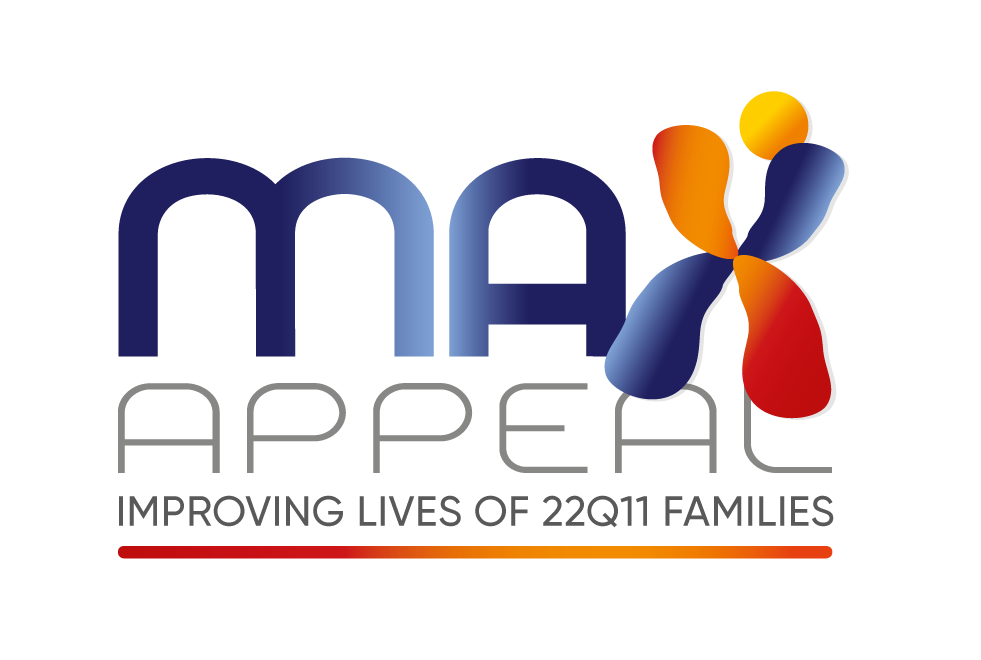Behaviour
Behaviour
The behavioural patterns found in many children with a 22q11.2 deletion are different to those seen in other children. The areas which they find difficult and the way these difficulties can be addressed are often different to the approaches commonly applied by schools and are specific to these children.
The way each child is affected by the 22q11.2 deletion varies widely; so every child will not exhibit all of the traits noted here, but some will be seen in most of the children.
It is vital that your child is monitored by an educational psychologist and that any signs of difficulty are identified early on and the appropriate intervention given. Whatever your child's difficulties there are ways of encouraging and supporting them.
Behaviour/Social Skills/Thinking and Learning
These are some commonly reported characteristics and are important for parents to understand these since they do set their children apart in their peer group.
Social immaturity (and this is often related to language delay). They need to be shown a pattern that they can apply - they won't understand the pattern but they can apply it
A tendency for rigid thinking.
Gullible - they can easily be lead into doing wrong things because they want friends so they follow the crowd.
Unusual personalities; very likeable but not very streetwise and sometimes immature.
Obsessive behaviours and autistic type behaviours e.g. focusing on a tiny part of an object/picture/situation which is not important; or a tendency to be somewhat obsessive over food, clothing, play etc.,
Difficulty with intuitive thinking.
They have limited pragmatic skills for making judgments about people's degrees of happiness, crossness, urgency etc... in a conversation.
They may not easily judge in a conversation, when they should speak or what topics are appropriate in different settings etc.
They may give enormous hugs to people they don't know or be reserved with everyone.
In puberty there may be difficulties with socialisation, understanding tasks, hygiene, social communication interaction (need help screening language), emotional problems and self-esteem - all of these could affect their education.
They tend to get on with younger children or older ones who will mother them.
Poor social skills in a peer group, immature or inappropriate behaviour patterns, hyperactivity, impulsiveness, be overly gullible and suffer from mood swings.
Children are often noted as having low self-esteem, lack of confidence and perform better when one to one with an adult whom they are familiar and confident with; they often 'give up' at the slightest set back.
Easily frustrated and distracted from the task in hand.
They can be very immature in their learning and language but may have a dramatic spurt at around 7 years. This may coincide with a growth spurt and increased appetite
Communication Skills
Some children may find it difficult to interpret tones of voice or facial expression. A lack of facial expression is noted in some children which may be due to poor muscle tone. They may lack a 'puzzled expression'.
They have difficulty with oral language e.g. asking a question - they cannot verbalise the information that they want to know. They are not able to find the correct words or put them together. They may say 'I can't do this' when they mean 'Could you help me with section 3?'
Verbal skills may be delayed but language skills generally tend to be stronger than mathematical skills.
They probably don't find it easy to understand how their behaviour makes others feel.
The 22q11.2 deletion is a communication disorder which can easily affect education.
Emotional/Mental Issues
Problems with anxiety and mood swings may be noted.
Self-esteem is often noted a being a major issue. Some children will need careful handling especially as teenagers. They may get upset at what people say; especially if they laugh at them and this may lead to depression. Any signs of depression need to be handled sensitively but robustly.
From puberty onwards some children have a tendency towards depression (NOT all children). Some may develop serious mental health problems from teenage years onwards. These more serious problems occur in approximately 1% of the general population and whilst there have been studies indicating that as many as 25% of the 22q population may develop problems such as schizophrenia, that has not been the frequency that we at Max Appeal have experienced to date!
It should be noted that occasionally children may suffer from 'attention deficit disorder' or ADD and that medication such as Ritalin was previously thought inappropriate as they might cause an adverse reaction, more recent information says that this treatment is safe.
